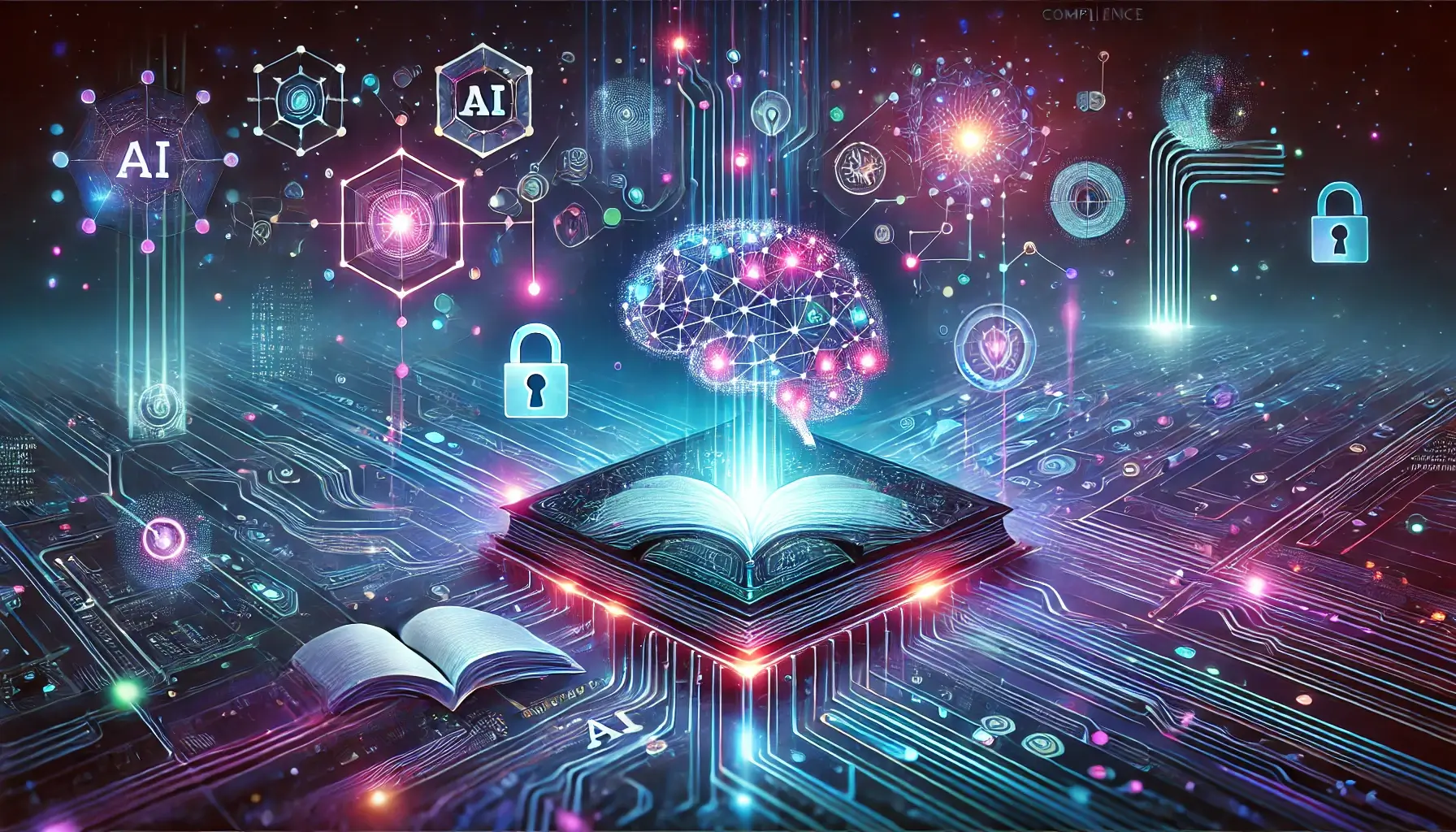
What is the difference between automation and AI in recruitment?
In recruitment and staffing, AI and automation promise many benefits for recruiters and candidates alike, but it’s important to understand the difference between the two.
“Some people call this artificial intelligence, but the reality is this technology will enhance us. So instead of artificial intelligence, I think we’ll augment our intelligence.” — Ginni Rometty, former Chairman, President, and Chief Executive Officer of IBM.
We’ve heard a lot about artificial intelligence (AI) and automation in recent years, holding the promise of greater efficiency and productivity for all kinds of businesses. Indeed, 72% of executives believe that AI will offer them tangible business advantages in the near future. In recruitment and staffing, AI and automation promise many benefits for recruiters and candidates alike. But it’s important to understand the difference between the two, as they each hold an important role in the recruitment firm of the future.
Defining automation in recruitment
Automation involves the use of technology to automate processes with little to no human intervention. In recruitment, software that parses resumes, schedules interviews or meetings, and makes job descriptions more inclusive, are all good examples of what automation can do for recruiters.
What about artificial intelligence?
AI, on the other hand, involves using machines to solve problems and accomplish some tasks that are too complicated for human recruiters to do alone. In many ways, it becomes a colleague on the team who can pick up a lot of the heavy lifting — time-consuming, manual work. Using AI, recruiters have more time to focus on things they are uniquely qualified for as human beings like relationship-building and strategic decision making.
In recruitment, using AI can help recruiters uncover hidden talent who they otherwise may not consider for a role, automatically match candidates to available roles (and therefore, reduce time-to-hire), and recommend jobs to candidates based on their preferences.
You may also come across the term machine learning. This is a subset of AI and describes the way a machine (computer) is trained to do certain tasks. Datasets are used to teach the machine how to identify keywords in a resume, for instance. The machine learns over time to become more effective and accurate in its actions based on feedback and success data. An algorithm used to recommend candidates for a role could use candidate, recruiter, or end-client feedback to understand if its recommendations were on point.
Looking at the similarities
We’ve discussed the differences between AI and automation, but there are several similarities too. Both will make your recruitment teams better at placing more candidates, more quickly, into roles that are perfect for them. Both solutions can support diversity and inclusion (DIB) efforts. And, most importantly, both require human oversight and partnership.
AI and automation aren’t designed to replace human recruiters. They are there to augment their roles. With automation and AI working behind the scenes, recruiters will find that their work adds more value to the bottom line (as they aren’t spending time on admin or sifting through job orders). Because they’ll have more time to deepen relationships with candidates and clients, you may also find that their job satisfaction increases— particularly as they see time-to-hire and successful placements increase.
Communicating the benefits
It’s vital to communicate these potential benefits to recruiters when you invest in automation and AI in your firm. There is a lot of fear that jobs will be replaced by this technology and people need to understand that the opposite is true. In fact, 97 million new jobs are predicted to be created due to automation and AI.
Upskilling in AI and automation
Another important aspect is training. For your automation and AI software to work at its best, everyone involved in using it needs to understand how to work with it, how it fits into their role and the wider team, and its limitations. A basic knowledge of how AI and automation work, and terms that they are likely to hear (like machine learning)will also help recruiters work more effectively as part of man-and-machine teams.
After all, knowledge is power. To make automation and AI a force to be reckoned with for your organization, take your learning a step further with Globus.ai’s new guide to automation in staffing. In it, you’ll find everything you need to know about AI terminology, some use cases, and a handy checklist to help you get started. Contact us here to get the guide.




